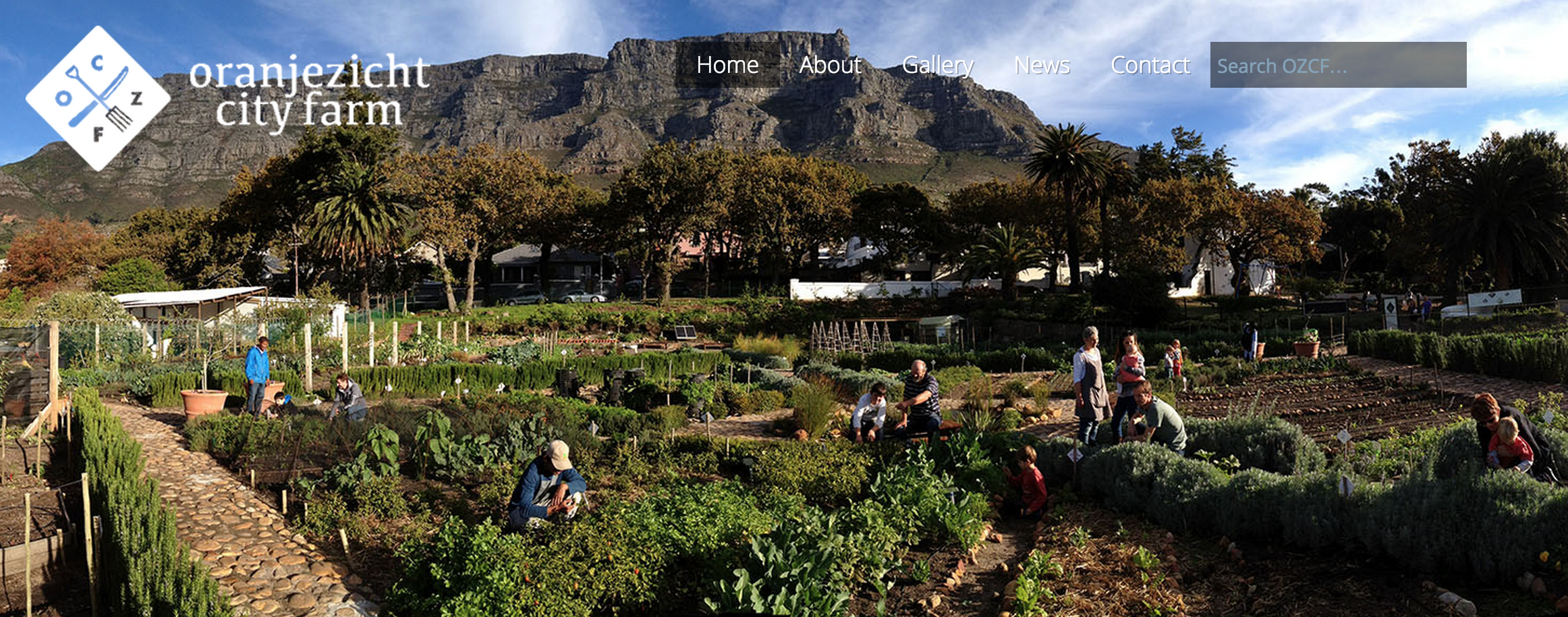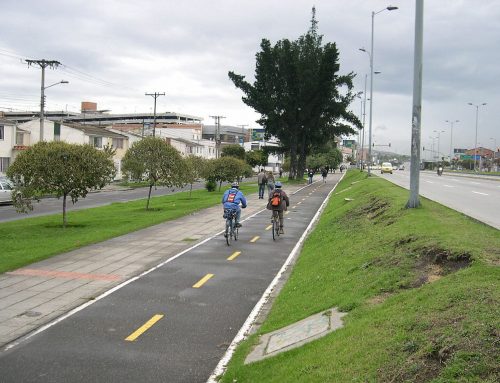Local residents from the Oranjezicht community in Cape Town’s city bowl came together in 2012 to transform an open area in their neighbourhood from a disused lot attracting criminal activity into a vibrant urban farm where community members grow their own food. In addition, people from all over the city can participate by volunteering as farm helpers, and people are encouraged to assist the farm by contributing their kitchen waste as compost – thus reducing the amount of waste going to landfill sites. The farm is a non-profit project funded mainly by a weekly farmer’s market where traders sell local, fresh and seasonal primary food items and nursery-related products. The goals of the project are to serve as an educational resource for small-scale organic food production in Cape Town, and to provide access to fresh vegetables for residents. Furthermore, the farm acts as a skills development centre for farmers-in-training, and promotes social cohesion among community members. The Oranjezicht City Farm in Cape Town is an excellent example of how community, urban farms could be established to promote food security, improve local livelihoods, create urban green spaces and foster a more cohesive society where community members can come together and create sustainable, feasible solutions to global change and improve human well-being. The farm was created on unused municipal land and now is a bustling green space that services the surrounding community. Key attributes of the initiative The Oranjezicht City Farm is an example of a community taking charge of a problem in their neighbourhood, and transforming that problem space into something that benefits their community. This example also shows that organic small-scale farming can work in the middle of a city, and can generate enough produce for a large number of residents to benefit from nutritious, healthy food. It gives urban dwellers a chance to re-connect to nature because they get first-hand experience of what it takes to produce fresh food. It emphasises an understanding that humans and nature are interlinked- our well-being relies on a healthy functioning ecosystem whilst also showing that a community can be mobilised to make small steps towards a larger goal of a more sustainable life. It highlights the value of creating multi-functional landscapes that serve the community whilst nurturing a community of practice amongst like-minded individuals. Key features include: communities taking responsibility/ community mobilisation; urban small-scale farming; reconnecting to the biosphere through personal experience.
Oranjezicht City Farm
Laura Pereira2015-03-16T13:50:52+00:00Food, Social-Ecological Seeds|Comments Off on Oranjezicht City Farm



